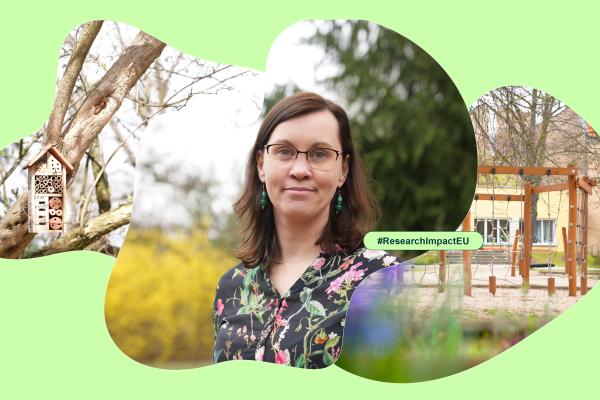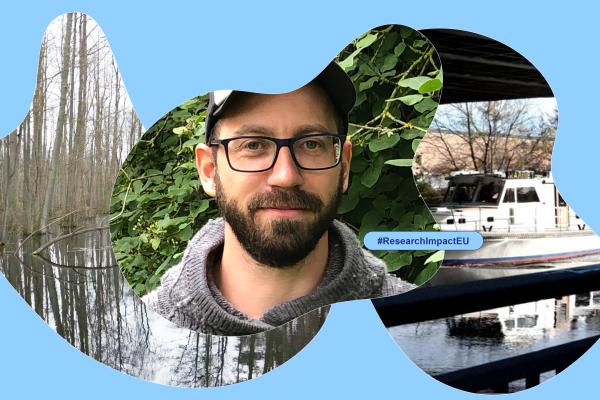From droughts to disease, coffee and chocolate are under threat, but scientists and farmers are working together to keep these daily treats on the table.
EU-funded researchers are working across countries and sectors to boost organic farming, support farmers and shape policy to help meet the target of 25% organic farmland in Europe and a significant…
Europe is building a virtual twin of the ocean to allow scientists, policymakers and citizens to test ideas, fight pollution and protect marine life – without even getting wet.
EU-funded researchers are scaling up sustainable production of microalgae-based proteins, lipids, pigments and carbohydrates that could transform food, animal feed and fragrance industries worldwide.
Drawing on nature, researchers have developed a method to pump CO2 captured from industrial processes into volcanic rocks for safe and permanent underground storage.
The EU and Europe’s bio-based industries are tapping into the hidden potential of wood to replace fossil resources in the production of high-performance resins with a low carbon footprint.
EU-funded researchers are cultivating fungi on agricultural waste to create smarter and greener construction materials able to adapt and react to their environment, and even repair themselves.
Researchers are testing a new method of capturing CO2 from energy-intensive industries and converting it into valuable chemicals and fuels.
New EU-funded research, sparked by a 17th-century shipwreck, reveals how centuries of trans-Pacific trade shaped medicine, shipbuilding and geographical knowledge, and built cross-cultural…
EU-funded researchers are developing strategies to protect people from rising temperatures, focusing on vulnerable groups and clearer climate-health communication.














